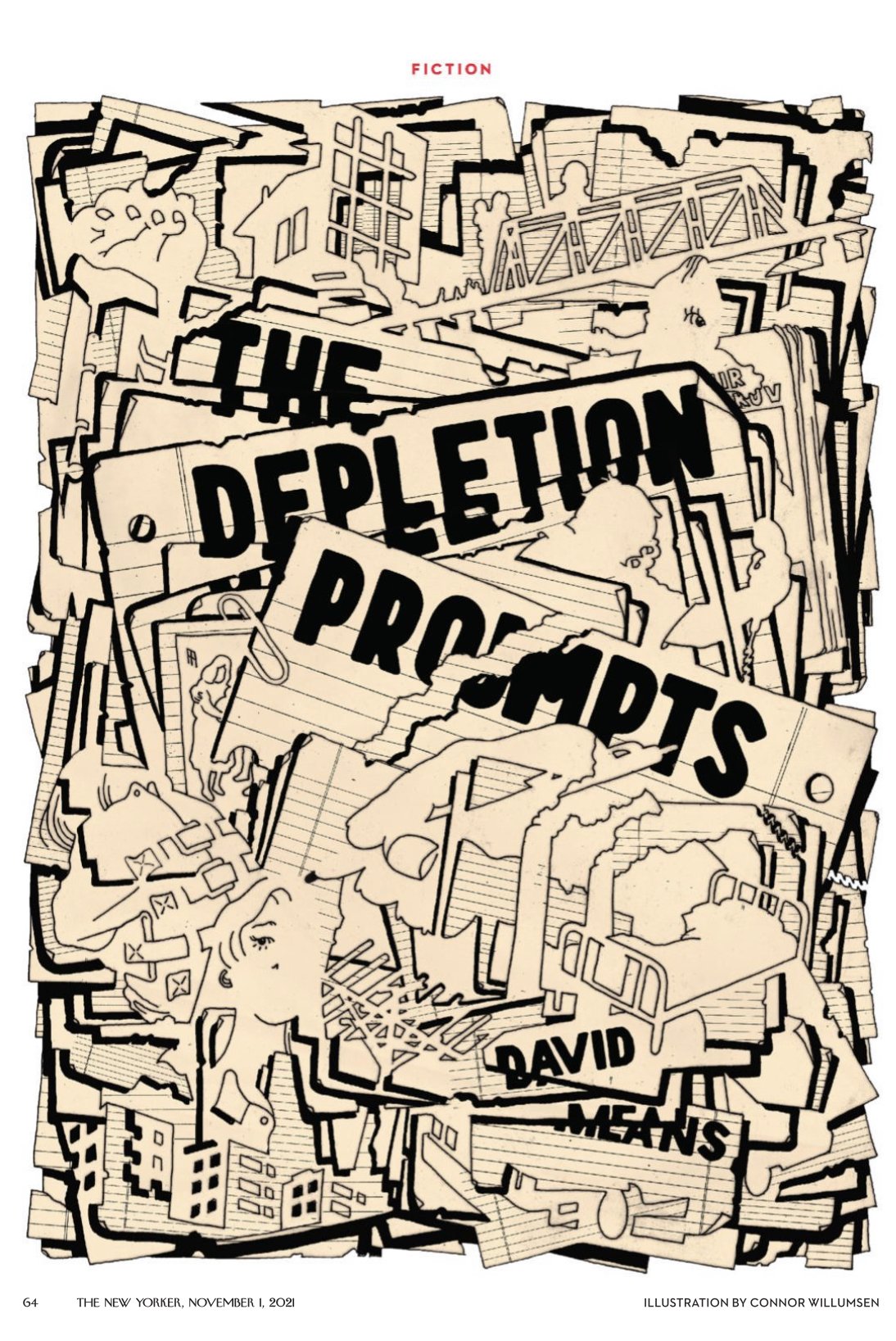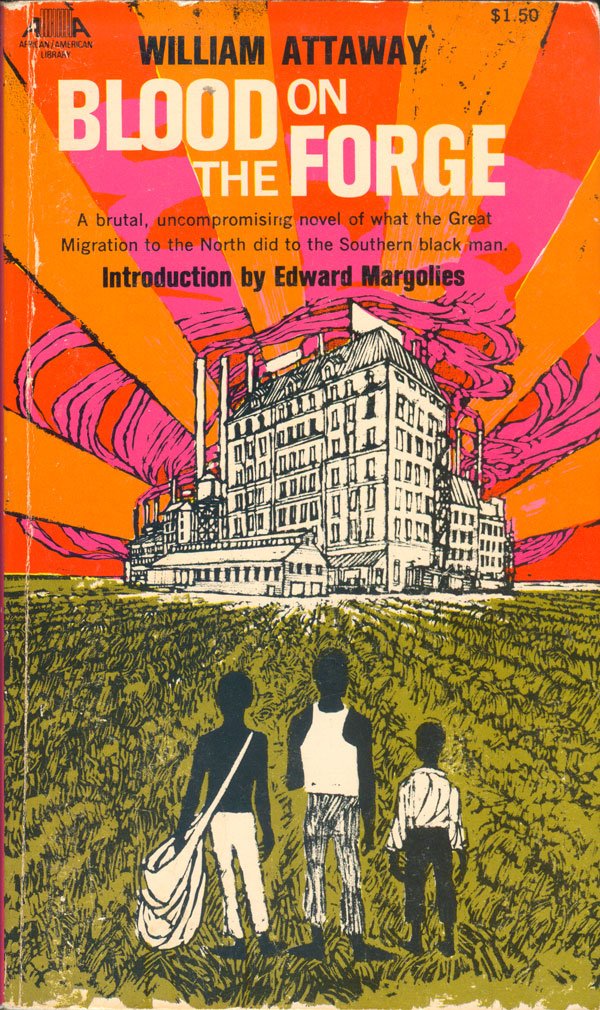Reading Voices from Chernobyl During Pandemic

While reading Voices From Chernobyl, Adam took some notes…
Svetlana Alexievich’s oral history Voices from Chernobyl resonates during this coronavirus pandemic. Parts of it feel like a funhouse mirror held up to our world right now. While other sections underscore the differences of a global versus local emergency. There are also some thoughtful words about keeping a notebook during a crisis. Alexievich captures poetic moments from a tragedy. It is beautiful and, as Keith Gessen writes in the introduction, obscene.
In the epilogue, Alexievich writes, “I felt like I was recording the future.”
Many passages grabbed my attention. I copied them in my notebook and include a variety below:
“The mechanism of evil will work under conditions of apocalypse also. Man will gossip, and kiss up to the bosses, and save his television and ugly fur coat. And people will be the same until the end of time.”
“Kids used to ask: where do we come from? How are babies made? Now they’re worried about what will happen after the nuclear war.”
“So instead of writing, you should record. Document. Show me a fantasy novel about Chernobyl — there isn’t one! Because reality is more fantastic.”
”I keep a separate notebook. I write down conversations, rumors, anecdotes. It’s the most interesting things and it’s outside of time.”“The most popular fable in the Zone is that Stolichnaya Vodka is the best protection against strontium and cesium.”
”In the days after the accident, the pines and evergreens around the forest turned red, and then orange.”
“The soldiers, they’re just boys, are lying on the grass, their shirts off, their shoes off, tanning themselves. ‘Get up! Get up, you idiots, or you’ll all die!’ They say: ah, don’t worry about it. Death is everywhere but no one takes it seriously.”
“My neighbor told me in a whisper that Radio Freedom had reported an accident at the Chernobyl nuclear power plant. I didn’t pay her any mind. I was absolutely certain that if anything serious happened, they’d tell us.”
“And people talked more about the rubles than the radiation.”
“Some professor, a bunch of physicists, were going to tell the Central Committee what to do? No, they weren’t a gang of criminals. It was more like a conspiracy of ignorance and obedience. The principal of their lives, the one thing the party taught them was never to stick their necks out.”
“And the people would say to me: ‘Professor, why are you going around scaring everyone? Do you think you’re the only one scared for the Belarusian people? And, anyway, people have to die of something, whether it’s smoking, or auto accident*, or suicide.’”
“And the May Day parades? No one forced us to go — no one forced me to go there. We all had a choice to make and we failed to make it. I don’t remember a more crowded, cheerful May Day parade. Everyone was worried — they wanted to become part of the herd — to be with others.”




